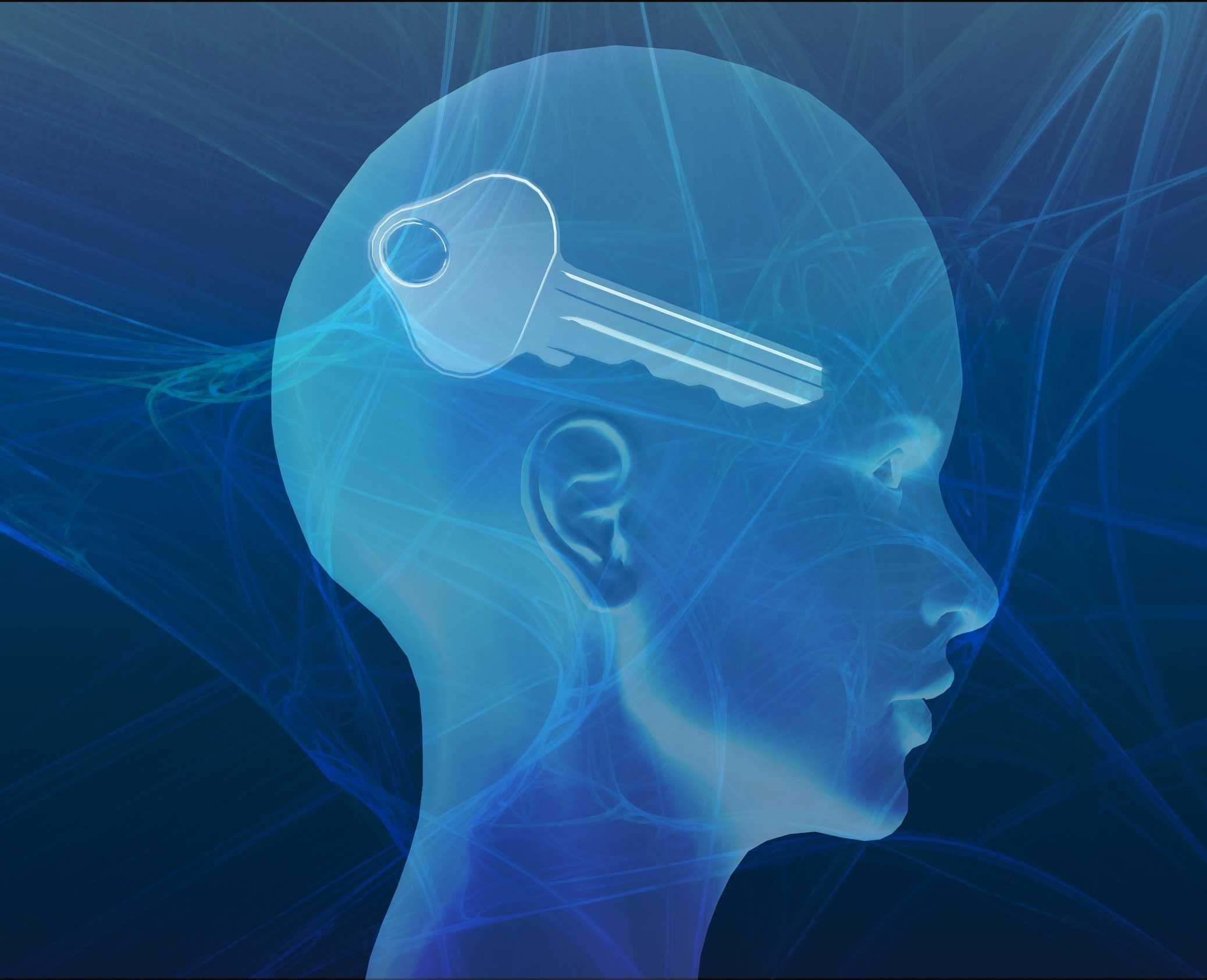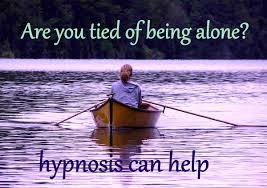What is hypnotherapy?
Hypnotherapy is an effective therapy that utilises hypnosis to access the client's unconscious mind to encourage beneficial change to occur: as simple as that! When administered by a professionally trained and qualified hypnotherapist the aim is to bring about lasting therapeutic changes for you. Hypnotherapy can treat and relieve a wide range of conditions and symptoms, alter unwanted behaviour patterns and create new ones, as well as being used creatively to enhance sporting, academic and other types of personal performance.
What is hypnosis?
Hypnosis is completely natural and safe. There are no harmful side effects and the experience is characterised by a pleasant feeling of relaxation, a natural state of mind that everyone has experienced many times, just like daydreaming. It is a state of altered awareness and while in hypnosis our unconscious mind is more receptive to suggestions. This enables beneficial changes to take place. We drift in and out of different levels of awareness many times a day; have you ever daydreamed, been so absorbed in a book that you are unaware of your surroundings and can hear the characters and visualise the scenery.
Have you been so involved in something that you have lost track of time, or have you ever driven from one place to another and are not really sure how you got there? If your answer is "yes many times" then you have experienced hypnosis.
What happens during hypnosis?
A person experiences hypnosis in the form of a "trance state". Trances can be very useful clinically. In such a sleep like state, a person can be very open to new and creative ways of looking at things because rational logic and old, restrictive, psychological defences can be bypassed. To experience a deep trance therapeutically, of course, you need a hypnotherapist to direct the process, because your own conscious processes just can't function when so deeply relaxed.
What is self-hypnosis?
You can, induce a lighter trance all by yourself; this is called self-hypnosis. Self-hypnosis can be induced by listening to relaxation CDs; it can be induced by creating your own visual imagery; it can be induced by meditation or Progressive Muscle Relaxation. In all of these cases you experience a moderate level of relaxation while maintaining a certain conscious awareness that continues to direct the self-hypnosis process by which you offer to yourself.
How does it feel to be hypnotised?
Everyone is different. Some people say that their body feels like a lead weight, others say they feel as though they're floating away. Most people will agree that it's a lovely feeling because they are more relaxed that they have ever been before.
Why is hypnotherapy effective and how does it differ from other therapies?
There are many forms of psychological therapy but Hypnotherapy is distinctive in that it addresses the client's unconscious mind. In practice, the Hypnotherapist usually requires the client to be in a relaxed state and will use a wide range of techniques to promote positive and beneficial change in the client.
Analytical techniques may also be used to uncover problems from a persons past or the therapy may concentrate more on a person's current life and presenting problems . It is generally considered helpful if the person is personally motivated to change (rather than relying solely on the therapist's efforts) although a belief in the possibility of beneficial change may be a sufficient starting point.
Can you explain what is meant by the 'unconscious mind'?
Your unconscious mind (sometimes called your 'subconscious' mind) can be described as 'everything within your experience and capabilities that you are not currently thinking about'. So for example, the name of someone you went to school with is stored in your unconscious mind until you are reminded of it and it is 'brought forward' into your conscious mind.
It is the part of the mind which has the role of controlling the automatic functions of the body, like heartbeat and breathing, along with being an information storehouse. Unlike the conscious mind, the unconscious does not reason and accepts information offered to it at face value. This means that it is open to suggestions which can help to alleviate symptoms and bring about beneficial change.
Can anyone be hypnotised?
Yes anyone can be hypnotised if they want to be although some people are more readily hypnotisable than others. It will also depend on a person's willingness to be hypnotised at the time. This willingness will depend on a number of factors, not least of which will be the strength of the person's particular need and their trust and confidence in the therapist.
Can I be hypnotised against my will?
No one can be hypnotised against their will and no one can be forced to do things while under hypnosis that they do not want to do. Many people have misconceptions about hypnosis and believe that they will be 'put under' and 'lose control'. Hypnosis is a safe and pleasant experience and you will not do or say anything that you don't want to. You are always aware of what is happening and are always in control.
Are there any side effects from hypnosis?
The only side effects are the beneficial ones of feeling more relaxed afterwards and feeling more positive about whatever it was you sought hypnotherapy for. Hypnosis is a perfectly natural state.
Will I remember everything afterwards?
That depends how deep in hypnosis you are, but generally most people do remember either everything or certain parts of the experience. You will find that suggestions which have been given to you in hypnosis will resurface in your conscious, thinking mind after your hypnosis and these will be the thoughts that produce changes in your behaviour or way of thinking and feeling.
How do I know I will wake up from hypnosis?
No-one has ever remained in hypnosis indefinitely. Even if something were to happen to the hypnotherapist halfway through the session, you would still 'come out' of the trance state once rapport had been broken.
How many sessions will I need?
Unlike many other psychological therapies, hypnotherapy is generally considered to be a fairly short-term approach in which beneficial change, should become apparent within a relatively few sessions.
What can hypnotherapy sessions help you with?
Anxiety
- Depression
- General Anxiety Disorder (GAD)
- Social Anxiety
- Panic Attacks/Disorder
- Obsessive Compulsive Disorder (OCD)
- Post Traumatic Stress Disorder (PTSD)
Performance Anxiety
Specific Phobias/Fears
Confidence
Stress Management
Emotional Trauma
Low Confidence and self-esteem
Forensic uses of Hypnosis
Performance Anxiety and Public Speaking (Stage Fright)
Stress Management
Anger Issues
Sleeping/Insomnia
Sports Performance
Stop Smoking
Negative Habit Patterns/Unwanted Behaviour:
- Nail Biting/Picking
- Habit Spasms
- Stammers
Addictions:
- Drugs
- Alcohol
- Smoking
- Substance abuse
- Gambling
Weight:
- Weight Gain (Compulsive Over Eating)
- Eating Disorders
- Bulimia
- Anorexia Nervosa
- Binge Eating Disorder (BED)
Past Life Regression
Pain Management
Migraines and Headaches
Asthma
Hypertension
Tinnitus
Dentistry to deal with Pain
Skin Disorders
Habit Spasms
Irritable Bowel Syndrome (IBS)
Bereavement
ADHD
Autism
Psychosexual Disorders Treatment
Sexual Abuse
Click Here to contact me for more information.










